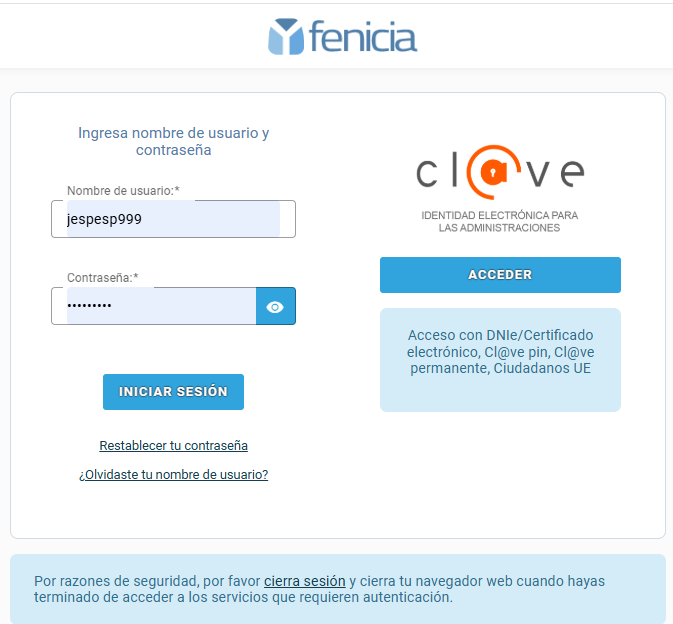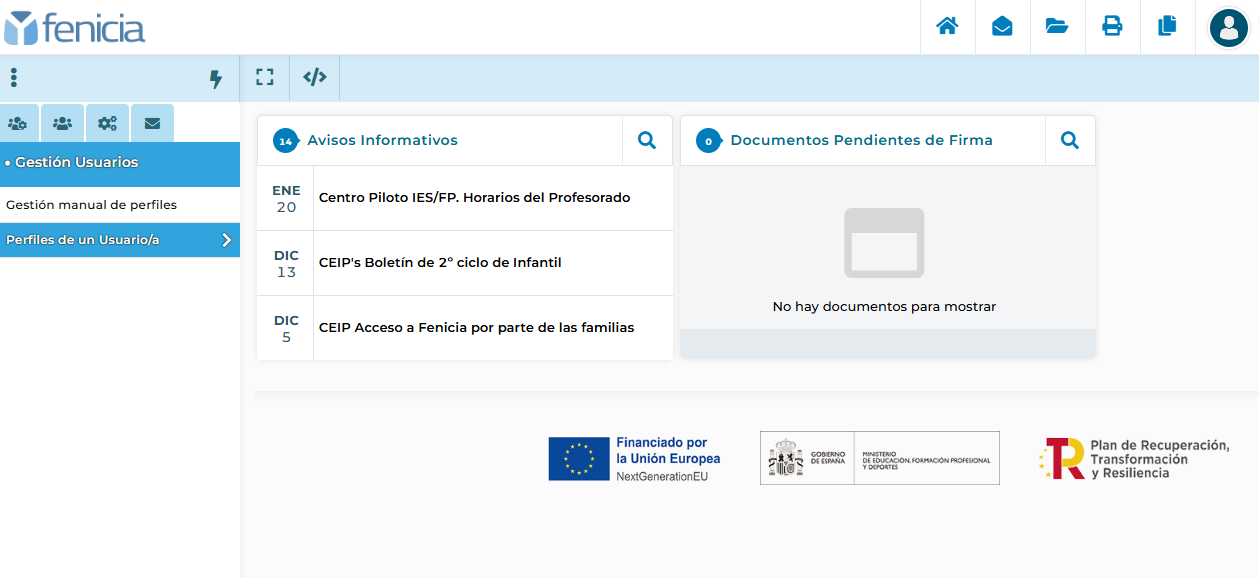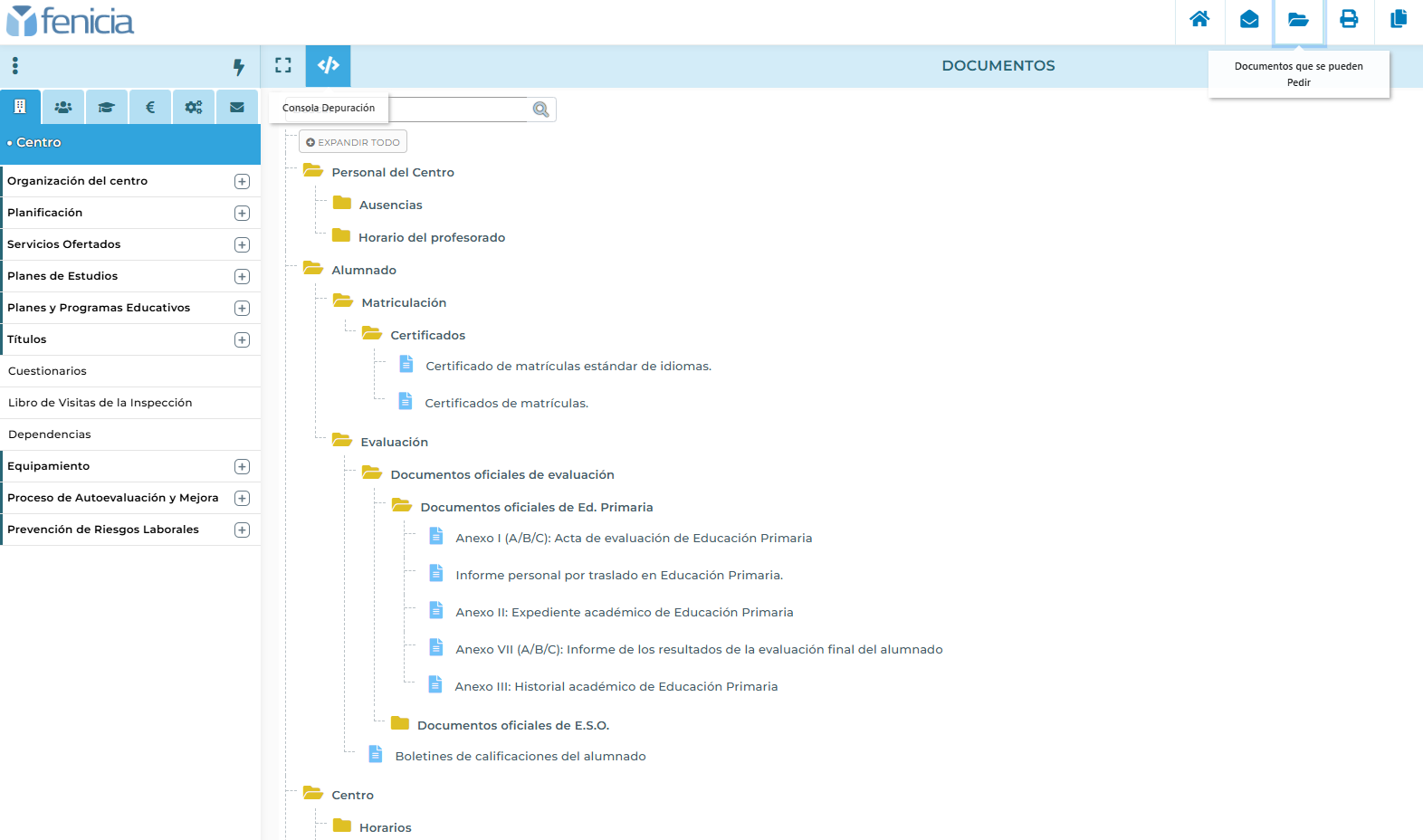Challenge
Autonomous communities in Spain typically manage their own education systems, but Ceuta and Melilla are among the few regions where education has not been devolved. As a result, these cities have remained among the lowest-performing in Spain and across OECD countries in terms of educational outcomes and attainment.
To address this, the Ministry of Education and Vocational Training recognized the need to replace the outdated Alborán platform. The goal was to develop a modern, user-friendly system that would be reliable and offer clear benefits for students, families, and educational institutions.
These changes aimed to streamline school administrative processes and give families easy access to their children’s progress and performance data from any device. Ultimately, the objective was to modernize the education system in both cities and improve student attainment.
Solution
Ayesa was awarded a EUR 1.8 million contract to adapt its inhouse Séneca platform—originally developed in 2002 for the Regional Government of Andalusia tailored to the specific needs of Ceuta and Melilla. Ayesa not only customized the solution but also handled its implementation, which included migrating data from previous platforms and training staff.
The new system, called Fenicia, comprises various modules that enable primary schools, secondary schools, vocational training centers, official language schools, conservatories, and adult education centers in the two cities to effectively manage their daily financial and academic operations. It also offers integrated tools for staff training as well as data processing and analysis.
Benefits
Since its launch, the new system "Fenicia" has revolutionized the education system in Ceuta and Melilla by streamlining operations and enhancing communication among all stakeholders. This increased efficiency and productivity ultimately opens up more opportunities for students






